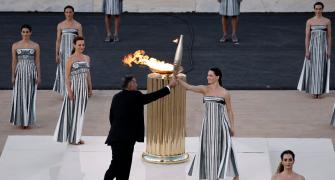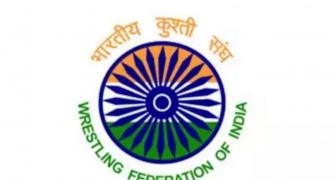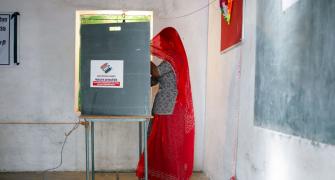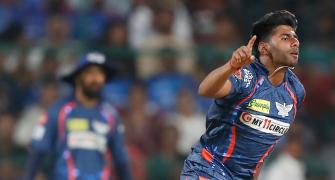In a drastically new approach to identifying Below the Poverty Line families, the Manmohan Singh government may resort to a three-pronged approach to identify poor households that could, for the first time, see caste and religion as determinants.
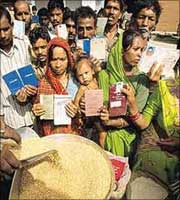 There will be a list of those automatically excluded and included. The remaining rural households will be surveyed and judged on the basis of scores, to ascertain their eligibility for the BPL category.
There will be a list of those automatically excluded and included. The remaining rural households will be surveyed and judged on the basis of scores, to ascertain their eligibility for the BPL category.
Currently, BPL families are identified on the basis of scores (0 to 4) on 13 socio-economic parameters. But an expert committee, formed by the rural development ministry, has recommended additional marks for scheduled castes and tribes (SC/STs), Most Backward Castes, Other Backward Classes (OBCs) and Muslims. If a household has members with tuberculosis, leprosy, disability, mental illness or AIDS, it will also be awarded points.
While the previous methodology had a maximum score of 52 (4x13), the new method will have a maximum score of just 10 marks. "The scheme has to be so simple, that everyone in a village could calculate his own score even before the survey," the draft report said.
The committee is chaired by N C Saxena, a former bureaucrat who's a respected figure for his work and advocacy on poverty and development issues. He headed as Secretary of both, the Planning Commission and the rural development ministry.
The committee was formed in August 2008, after various states pointed out major anomalies in the methodology adopted during the 2002 BPL census. While the estimation of poverty is done by the Planning Commission, the census to identify the BPL households is undertaken by the rural development ministry. Based on the Census figures, the Plan panel decides the BPL quota in different states.
The Saxena committee also strongly argues that the Plan panel's system of fixing BPL quotas for all states should not be continued, as it allows only a section of those eligible to enroll as BPL families.
If the recommendations are accepted, the number of BPL households is likely to increase substantially. States like Bihar and West Bengal have been complaining for a long time that many deserving poor are left out because of the flawed approach.
If a single woman lives alone or has no adult son, she will automatically be considered as a BPL person. Households headed by a minor or with a disabled person as bread earner, destitute households or those with any member of the family as a bonded labourer will also get the same status, if the recommendations are accepted.
In its "automatic inclusion" list, the committee has also suggested "primitive tribal groups, Maha Dalit groups identified by the state and homeless households" should be compulsorily treated as BPL.
In the list of automatic exclusion, the Saxena Committee has redefined the five criteria of the 2002 census, doing away with two earlier provisions of possession of a ceiling fan or two hectare of land.
Instead, it has recommended families with two or three-wheeled motorised vehicles, at least one running bore-well or mechanised farm equipments cannot be considered as BPL.
"The criteria for identifying the BPL households should be extremely simple, clear, pertinent, least time consuming for completion, easily understood and not subject to multiple interpretations," the committee has observed in its report.


